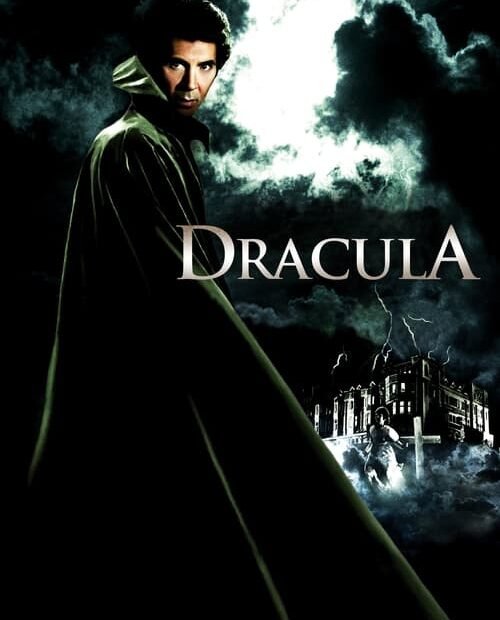Dracula: A Chilling Yet Charming Tale of Love and Lunacy
Picture this: a shipwreck off the coast of England in 1913. The only survivor? None other than the suave and sophisticated Count Dracula. You might think he’s washed ashore with a thirst for adventure, but spoiler alert: he’s actually just thirsty—like, really thirsty. This isn’t your typical tale of romance; it’s more of a gothic comedy with a side of existential dread.
As the story unfolds, we find our charming Count making friends faster than you can say “fang-tastic.” He’s got charisma that could charm the pants off a Victorian widow, and he’s on a quest to find a bride. But let’s be real, he’s not just looking for love; he’s looking for a little bit of immortality mixed with some fresh blood. Love and bloodlust? Classic Dracula!
Meanwhile, enter Professor Abraham Van Helsing, the ultimate vampire hunter with all the subtlety of a sledgehammer. This guy is so obsessed with catching Dracula, he probably has a shrine dedicated to him in his attic. Van Helsing is the kind of fellow who brings a stake to a dinner party, just in case the guest of honor turns out to be a bloodsucker. Spoiler: he does.
As Dracula weaves his way into the lives of Lucy and Mina, he does what any self-respecting vampire would do—he turns Lucy into a nocturnal creature of the night. Poor Lucy, who just wanted a little romance, ends up in a love triangle with a vampire and a bunch of dudes who think they’re doing her a favor by staking her. Talk about a toxic relationship!
In a twist of fate that could only be described as ‘vampire logic,’ Van Helsing and his crew decide that the best way to save Lucy is to literally drain the life out of her—because nothing says “I care” like a good old-fashioned bloodletting. They find themselves in a race against time to stop the Count, who’s just trying to enjoy a little moonlit stroll with Mina. But alas, love is never easy when your suitor has a penchant for biting.
As the story reaches its climax, we see Van Helsing finally cornering Dracula. Picture this: a showdown that feels like a bad sitcom where the hero can’t seem to find the villain. Spoiler alert: it’s not a fair fight when one party can turn into a bat and the other is, well, just a dude with a big hat and a lot of garlic. Who knew that the key to defeating a vampire was just a bit of culinary advice?
In the end, Dracula meets his demise, not with a bang but with a whimper—after all, he was just looking for love in all the wrong places. Van Helsing and his crew emerge victorious, but let’s be honest, they’ve just traded one problem for another. With Dracula gone, what’s next? A vampire support group? “Hi, I’m Count Dracula, and I’m here because I can’t stop biting people.”
So there you have it, folks. Dracula is not just a tale of horror; it’s a philosophical journey through love, loss, and the eternal question of whether it’s better to live forever and be lonely or to find companionship—even if it comes with a side of blood. In the end, we learn that life is fleeting, love is complicated, and if you see a charming stranger with a cape, maybe just stick to water and skip the dinner invite.
